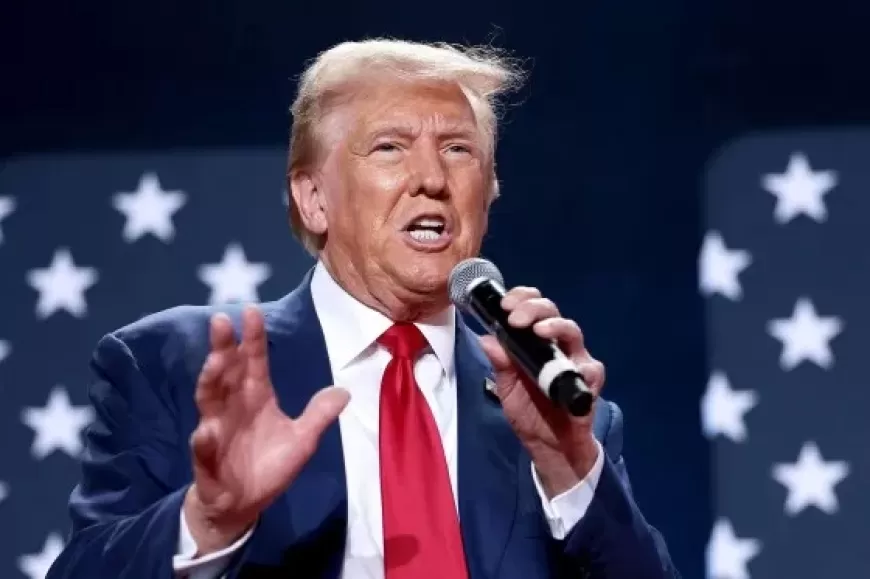Nvidia and AMD Rush to Ship GPUs Before Trump’s New Tariff Plans Take Effect
Nvidia and AMD are speeding up GPU deliveries to avoid increased costs from Trump’s tariff plans on Chinese imports, potentially affecting AI advancements

Nvidia and AMD, two of the biggest names in AI chips, are taking swift action to avoid the financial fallout of Donald Trump’s proposed tariffs. Both companies are accelerating shipments of their latest GPUs, aiming to deliver them to the U.S. market before Trump takes office on January 20.
This move comes as Trump plans to reintroduce tariffs on imports from countries like China, a major player in the chip manufacturing supply chain. These tariffs could significantly increase costs for components and final products.
How Tariffs Could Spike GPU Prices
Reports suggest that if Trump’s tariffs are implemented, the price of Nvidia’s top-tier GeForce RTX 5090 GPU could climb from $1,799 to around $2,500. The increase would not only affect consumer costs but also disrupt the broader AI market, which relies heavily on affordable and efficient GPUs.
Tech Companies React to Supply Chain Risks
To stay ahead of potential tariffs, Nvidia and AMD have ramped up production with their Chinese partners. These partners are accelerating assembly and testing processes to ensure shipments are complete before the tariff deadlines.
Other tech giants like Microsoft, Dell, and HP are following similar strategies, urging their suppliers to expedite manufacturing to minimize the impact of rising costs.
The Ripple Effect on AI Development
The AI boom, fueled by advancements in GPUs, could face challenges if tariffs inflate production costs. Higher prices may slow down innovation and create financial barriers for companies investing in AI research and development.
Google and Amazon are already preparing for this shift by focusing on in-house chip manufacturing. This move could signal a larger trend of tech companies reducing their dependence on external suppliers, especially those affected by trade policies.
China’s Possible Retaliation Adds Pressure
As the U.S. considers tariffs, China may respond with stricter rules on tech deals and trade. Such measures could create additional hurdles for American companies that rely on Chinese manufacturing for their operations.
A Crucial Period for AI and Chipmakers
The next few months will be critical for Nvidia, AMD, and other tech companies navigating these challenges. By accelerating shipments and exploring alternative strategies, they hope to mitigate the risks of Trump’s trade policies while maintaining momentum in the AI-driven market.
Also Read: Jared Kushner’s $900 Million Net Worth: How Ivanka Trump’s Husband Built His Wealth































































